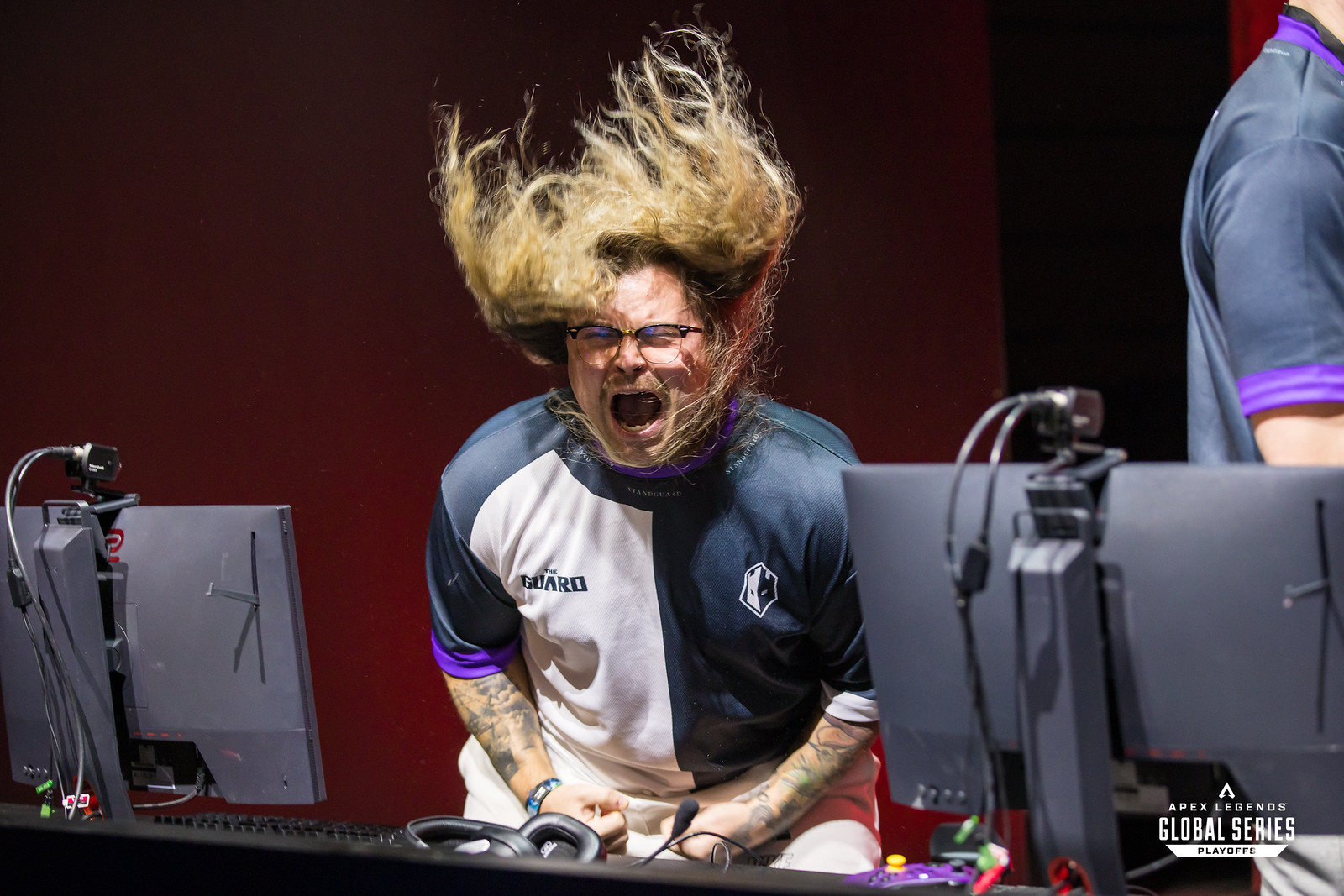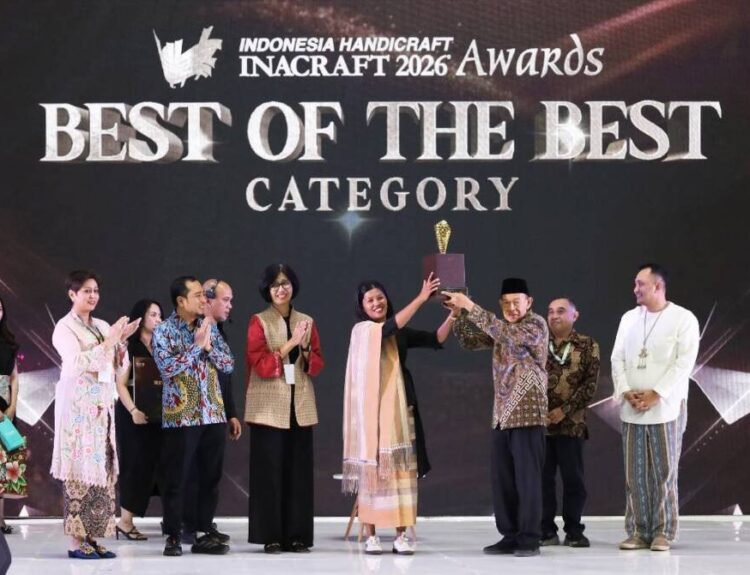The rapidly growing esports industry offers many career opportunities beyond just playing video games professionally. From the strategic oversight of a coach or team manager to the creative demands of content creation, there are numerous paths for those passionate about gaming.
This article explores the diverse roles within the esports ecosystem, providing insights into the skills and dedication required for each. Careers in esports are both challenging and rewarding. Join us as we delve into the roadmaps for these exciting careers and discover what it takes to succeed in the dynamic world of esports.
Core Esports Careers
Professional Esports Player
Athletes are at the core of all sports teams, and esports is no exception. Professional gamers are the best of the best, working every day to improve their performance. Engaging regularly in aim training, response time training, strategy reviews, and team practice ensures that these gamers are prepared for any in-game challenge.
Proper online conduct is paramount, as these players represent themselves, their teams, sponsors, and the wider gaming community. This involves maintaining a positive presence at tournaments, during live streams, and in public interactions.
Developing constructive relationships with teammates is another critical aspect, as team dynamics can significantly impact performance. Effective communication, mutual respect, and a collaborative spirit are essential for success in the highly competitive environment of esports.
Lastly, professional esports players must maintain a strong sense of passion and commitment to their game of choice. This passion drives players to continually refine their skills, stay updated with game developments, and maintain the intense practice schedules necessary to compete at the highest levels. Balancing these elements helps professional esports players achieve success and longevity in their careers.
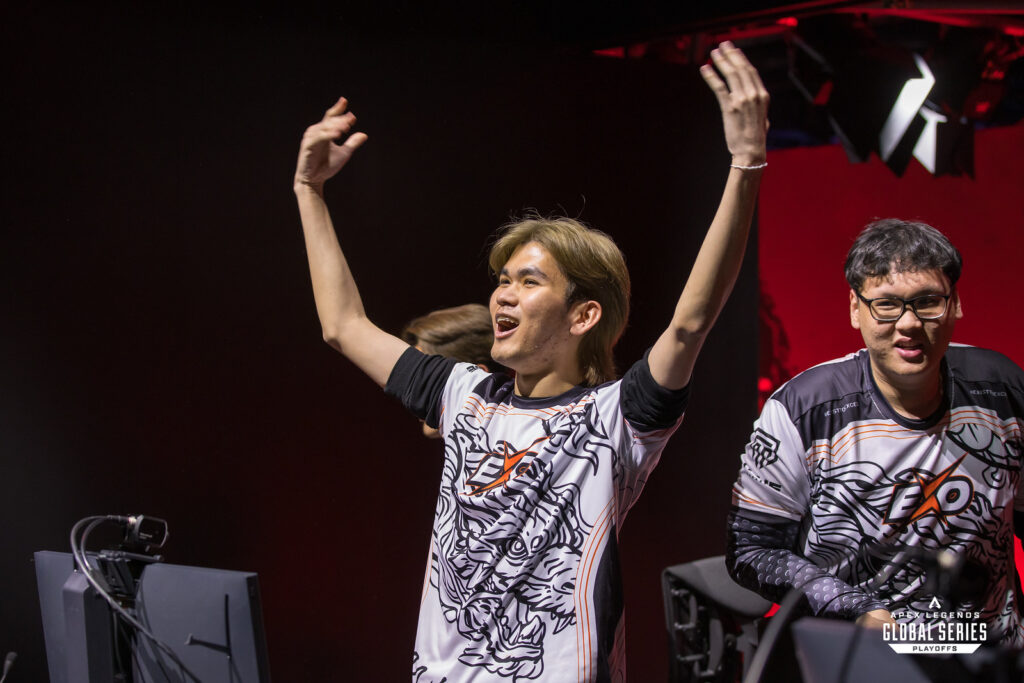
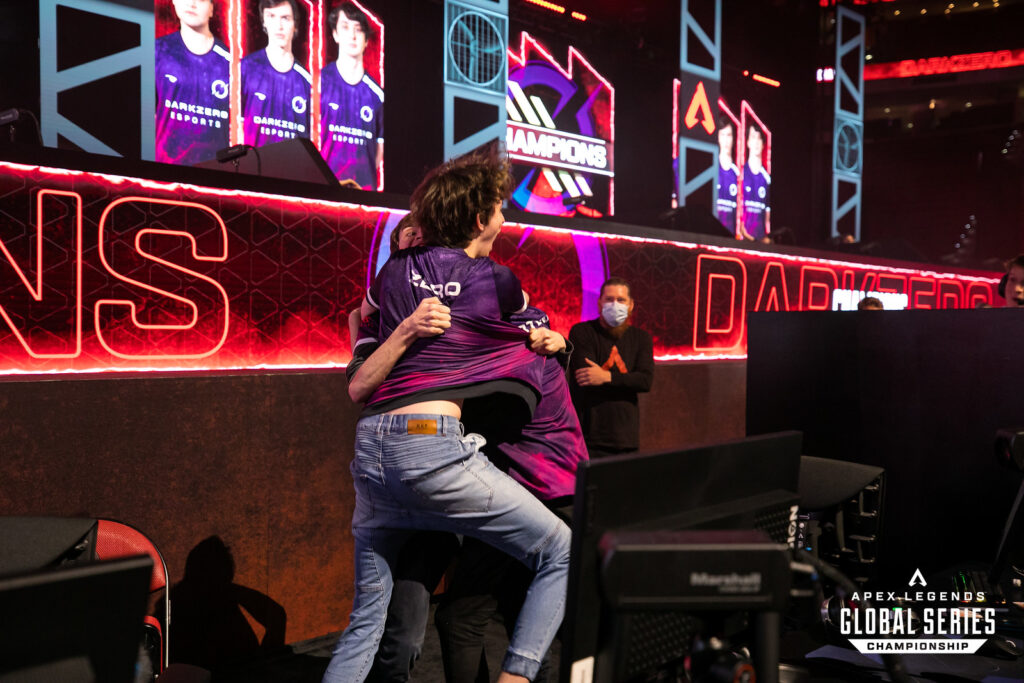
How do you become a professional esports player?
Becoming a professional esports player starts with a deep passion for and dedication to a particular game. Aspiring players hone their skills through countless hours of practice and participating in online matches and community tournaments. Gaining visibility and recognition within the gaming community is crucial, often achieved through live streaming, engaging on social media, and joining amateur leagues or local competitions.
As their skills and reputation grow, players may get scouted by established teams or organisations, leading to opportunities to compete in larger, more prestigious tournaments. Consistent performance, a strong personal brand, and professional conduct are essential to attract sponsorships and support. Maintaining physical and mental well-being is also vital to growing and sustaining a successful career in esports.
Networking within the community and continuously seeking self-improvement are two of the most important contributors to an individual’s chances of reaching the professional level.
Team Coach/Analyst
An esports team coach plays a pivotal role in their players’ personal and professional development. They help devise strategic plans, identify strengths and weaknesses, and develop tailored programs to enhance player performance. Coaches are also often responsible for tracking and adapting to changes within the game, known as “meta changes” or “meta shifts.”
Some coaches specialise as an analyst, usually working alongside a primary coach. Analysts focus intensely on in-game and performance-related statistics, which are then used by the primary coach to make vital strategic decisions.
Supporting players as a coach extends beyond game mechanics; it includes fostering a positive team environment, addressing individual needs, and providing mentorship to help players navigate the pressures of professional competition. Maintaining a high degree of professionalism is essential, as coaches set the standard for conduct, work ethic, and communication, ensuring the team operates cohesively and effectively within the broader esports ecosystem.
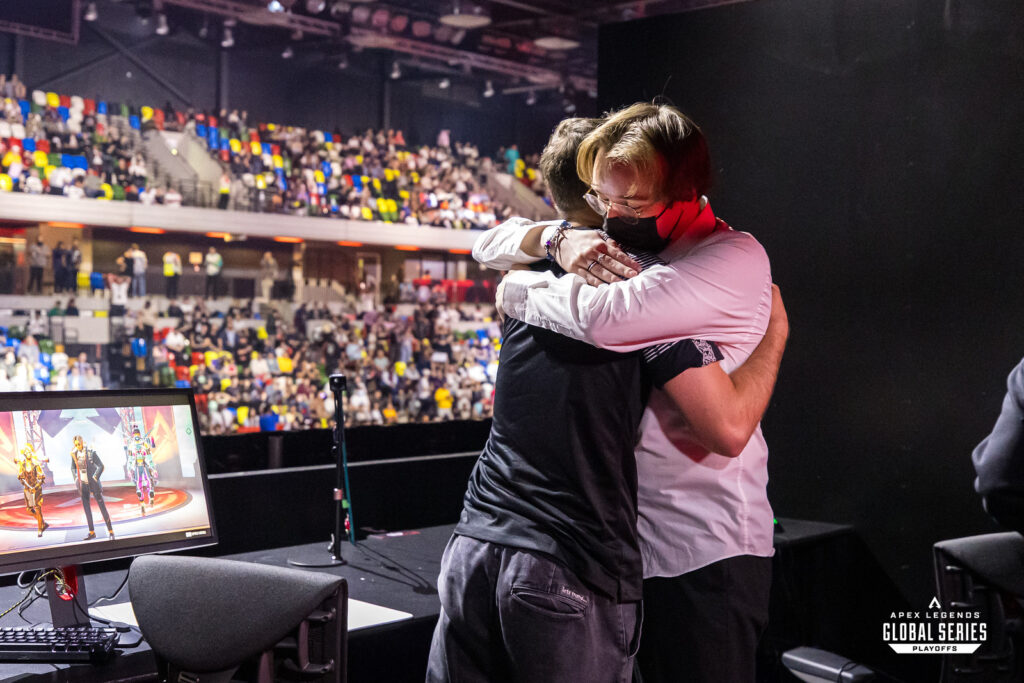
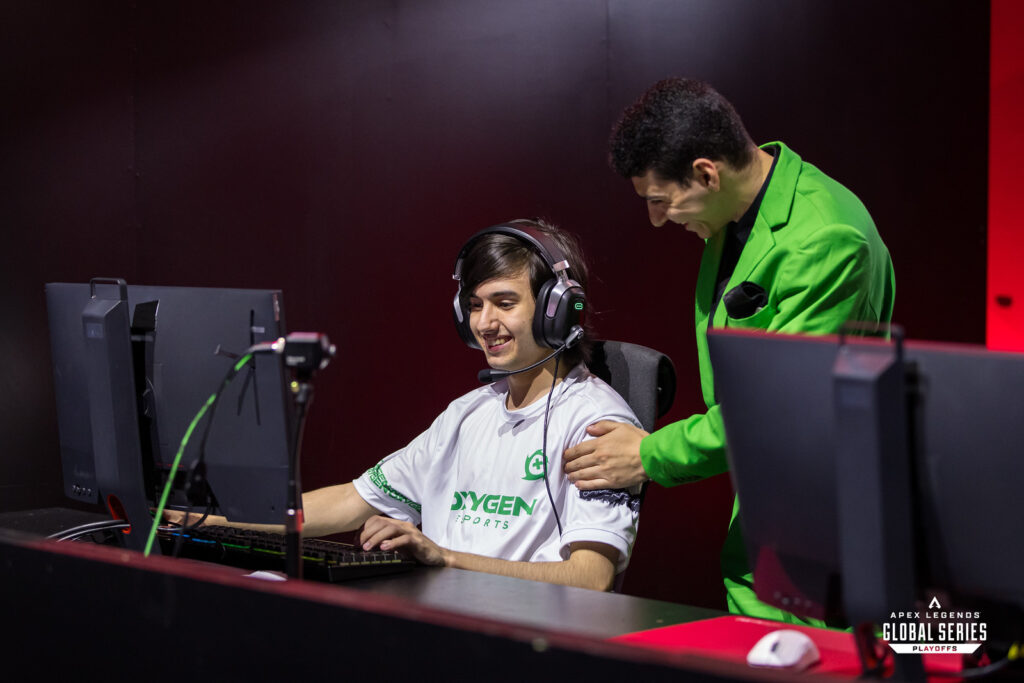
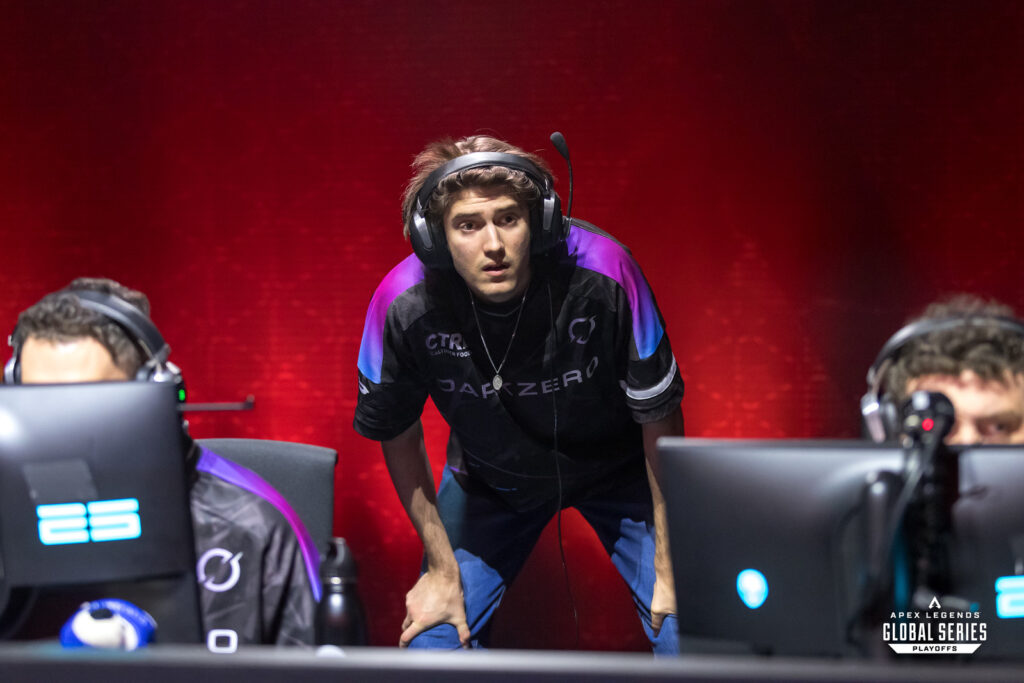
How do you become a professional esports coach or analyst?
The career progression of an esports coach often begins with experience as a player or an analyst within the gaming community, where they develop a deep understanding of game mechanics and strategies. Initially, they might take on coaching roles for amateur or semi-professional teams, gaining practical experience in training players and devising game plans.
Success in these roles can lead to opportunities with more prominent organisations, where they can coach professional teams in high-stakes tournaments. Successful coaches continuously work to enhance their coaching skills, building a reputation for professionalism, and developing a greater understanding of player development.
Esports Team Manager
An esports team manager is responsible for organising and managing team events’ logistics, including arranging travel, accommodation, and bootcamps. They handle scouting for new players, negotiating and managing contracts, and ensuring compliance with league regulations. The manager also oversees the day-to-day activities of players and coaches, coordinating practice schedules, addressing any team issues, and facilitating effective communication within the team.
Additionally, they may work on maintaining relationships with sponsors and partners, ensuring that the team meets its promotional obligations. This role demands strong organisational skills, attention to detail, and managing multiple tasks efficiently.
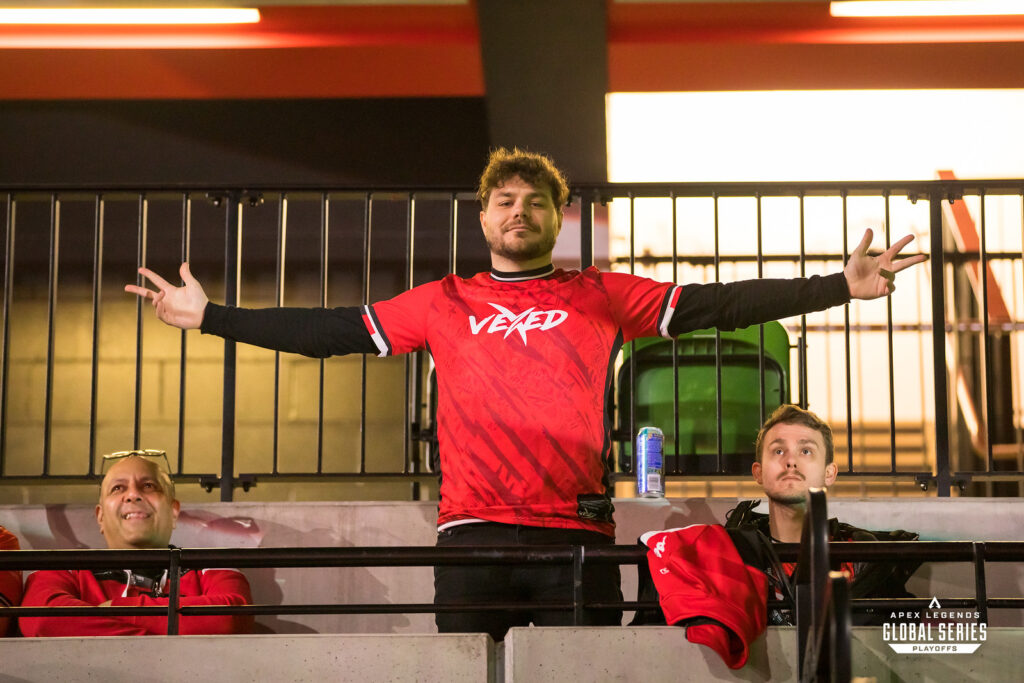
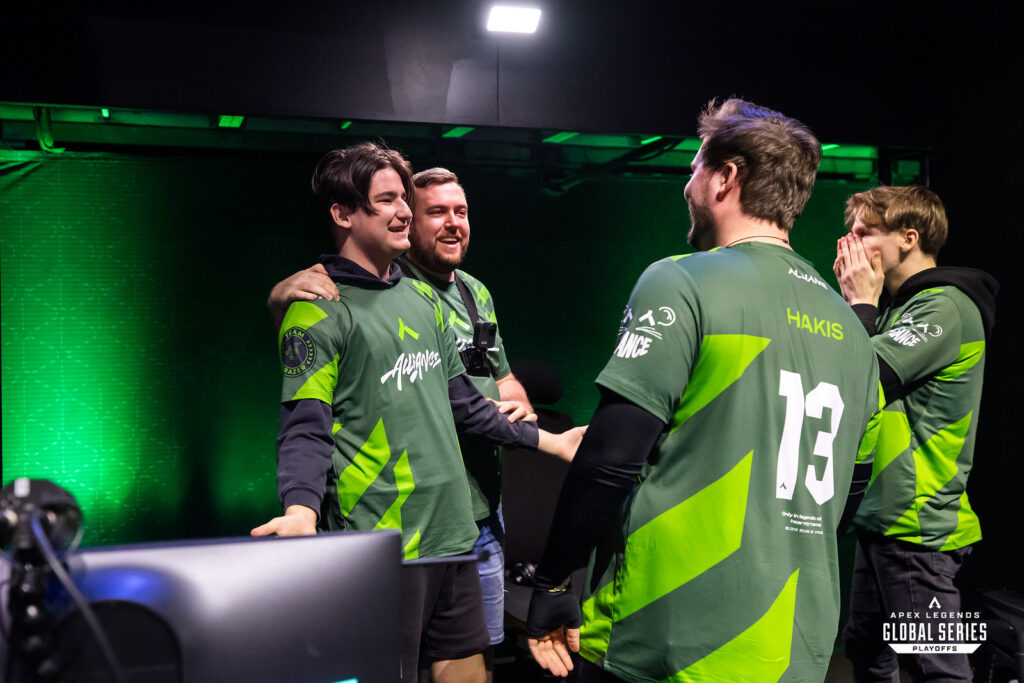
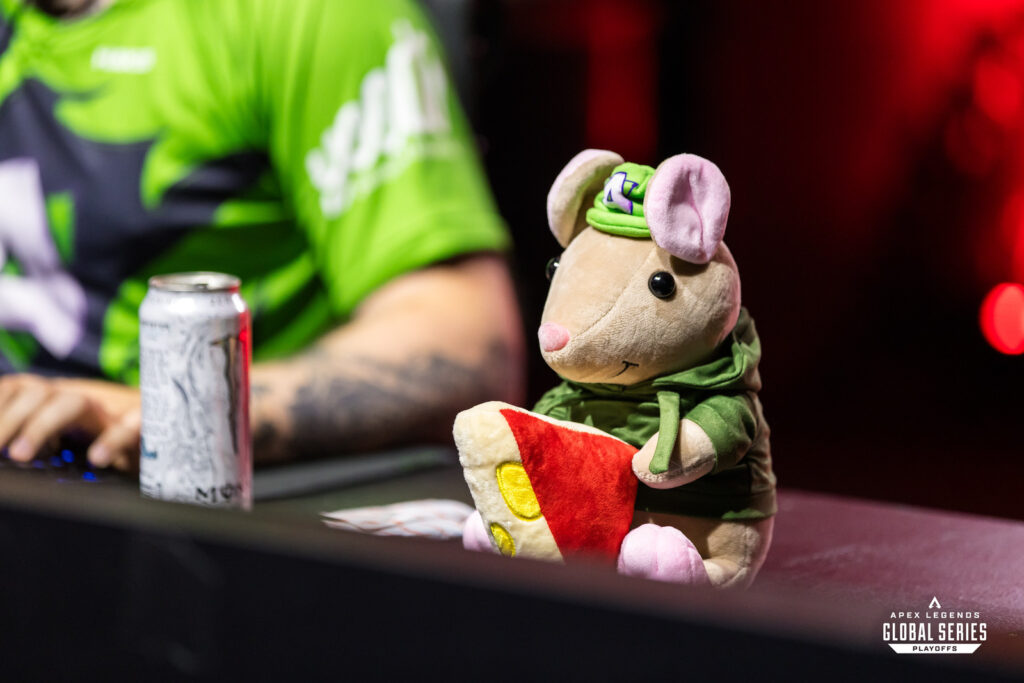
How do you become an esports team manager?
To become an esports team manager, gaining experience in the wider esports industry is important, whether in positions within esports teams or being involved in wider event management. Developing strong organisational and communication skills is crucial, as the role involves managing logistics, contracts, and team coordination.
Networking within the esports community, attending industry events, and connecting with professionals can provide valuable opportunities and insights. Additionally, gaining experience in related fields such as sports management, event planning, or human resources can be beneficial. Demonstrating a passion for esports, a deep understanding of the industry, and a proven ability to handle complex tasks efficiently will help in securing a role as an esports team manager.
Content Creator/Streamer
Gaming content creators within the esports industry are responsible for producing engaging and entertaining content related to video games and esports. Their roles include creating videos, live-streaming gameplay, producing tutorials, and offering commentary on esports events.
Content creators build and maintain a strong online presence across platforms like YouTube and Twitch, interacting with their audience to grow their fanbase. They often collaborate with esports teams, sponsors, and other influencers to promote products and events. They must stay updated on gaming trends and news, ensuring their content remains relevant and appealing.
Additionally, content creators must handle technical aspects of content production, such as editing videos and managing streaming equipment, to consistently deliver high-quality content.
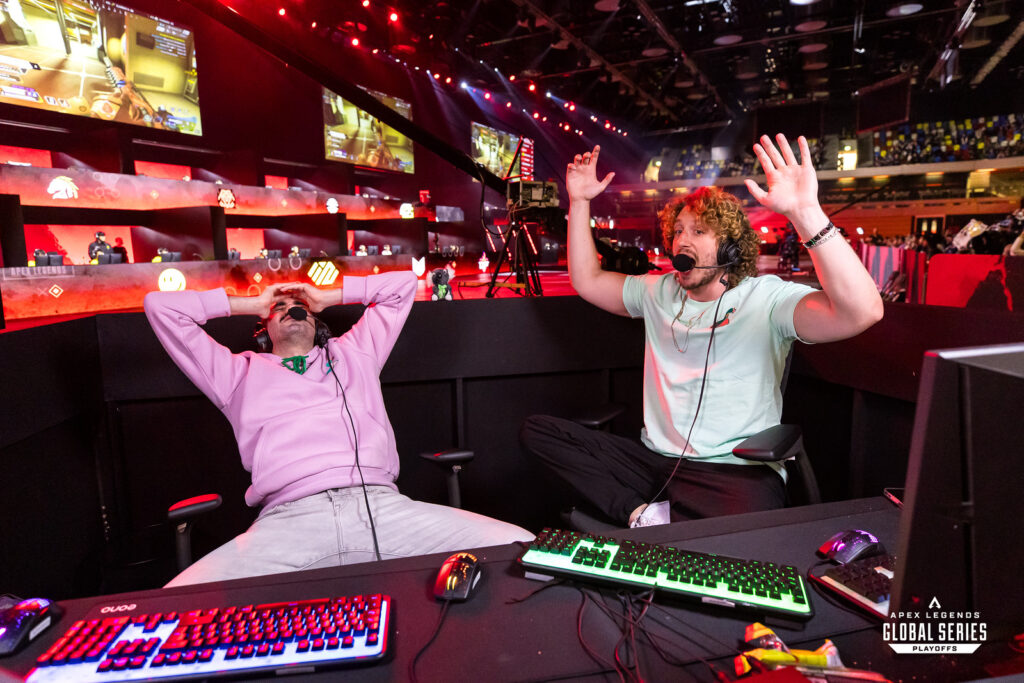
How do you become a content creator?
Becoming a successful gaming content creator involves a dedicated and strategic approach. The process typically begins with selecting a niche or game to focus on and consistently producing high-quality content around it. Key skills required include understanding your audience, catering to their interests and preferences, and maintaining regular engagement through interactive content and social media.
Aspiring creators must develop technical skills in video editing, graphic design, and live streaming. Building a network by collaborating with other creators and engaging with companies for sponsorships is also crucial. This career path involves long hours of content creation, marketing, and community management to grow and sustain a loyal audience.
Caster/Commentator
Esports casters (known in traditional sports as commentators) are responsible for narrating and analysing live esports events. Their roles include providing real-time commentary during matches, explaining game mechanics and strategies, and enhancing the viewer’s experience with their insights and enthusiasm. They must be knowledgeable about the game, its meta, and the competitive scene, while also being able to engage and entertain the audience.
Casters often work alongside broadcast analysts (who take a data-informed approach to post-game commentary) and broadcast hosts (who string together a broadcast, encouraging conversations between other talent and conducting interviews), ensuring a dynamic and informative broadcast.
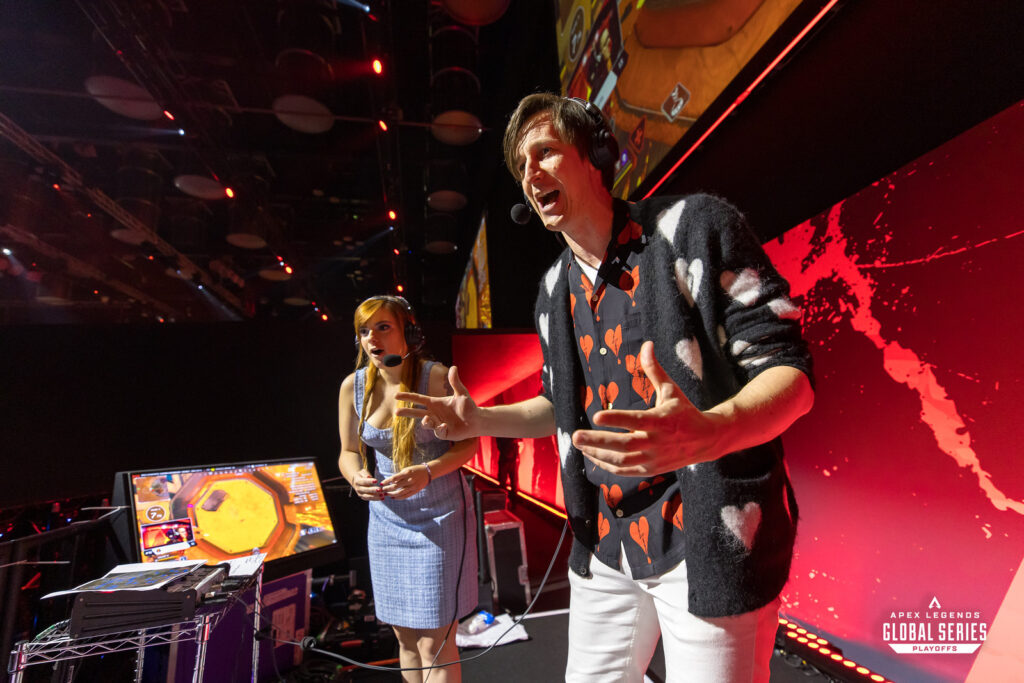
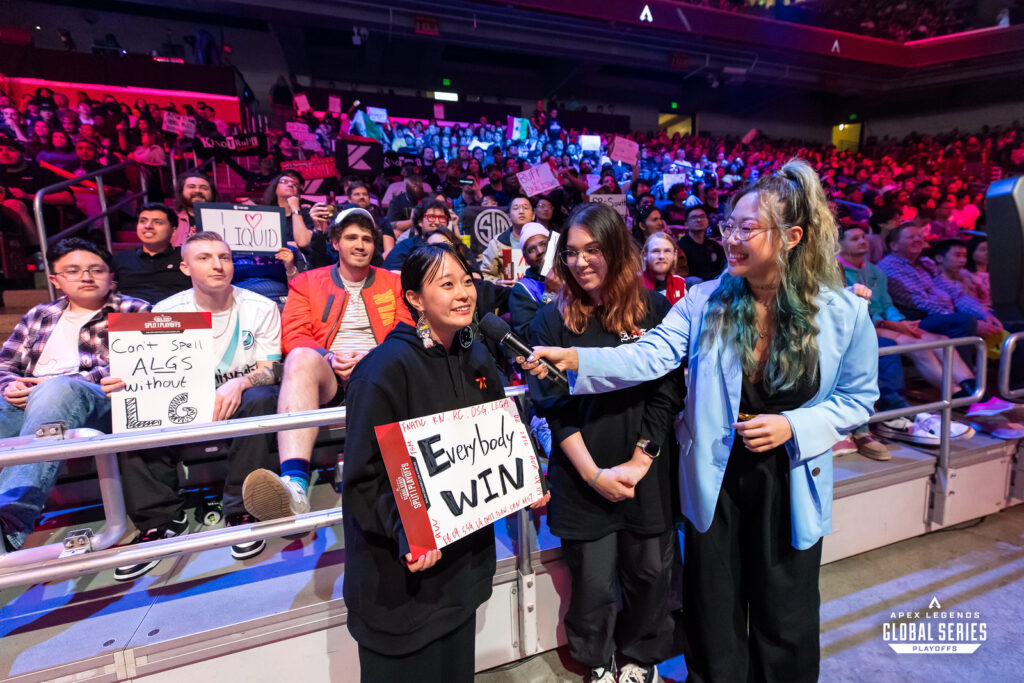

How do you become an esports caster?
The typical career progression for esports casters begins with building a presence in the esports community, often through creating content, streaming, or volunteering at smaller events. Many start by casting amateur or local tournaments, gradually gaining experience and recognition. As they hone their skills and develop a unique style, they can move on to casting larger events and leagues, often being scouted by professional organisations or broadcasters.
Networking and continuous self-improvement are crucial, as is staying updated on game developments. With time and consistent performance, casters can achieve prominent roles in major tournaments, and some may even transition into related fields such as analysis, hosting, or production roles within the esports industry.
Supporting Esports Careers
Not all esports careers are directly associated with esports teams and organisations. Event organisers, marketing specialists, PR (public relations) specialists, and journalists play crucial roles in shaping and promoting the esports scene, each offering distinct career pathways.
Event organisers manage the logistics, production, and overall execution of esports tournaments and events, starting often in entry-level positions like event coordinators or assistants. With experience and a proven track record, they can progress to roles such as event managers or directors, overseeing larger, more complex events.
Marketing and PR specialists focus on promoting esports teams, events, and brands, often beginning their careers with internships or junior roles in marketing agencies or esports organisations. Journalists often work closely with PR specialists. Most journalists start by covering esports news, writing articles, and creating multimedia content, typically in freelance or junior roles. Through consistent quality work and by building a portfolio, they can progress to senior journalist positions, editors, or even content directors, shaping the narrative and influencing public perception of the esports industry.
Each career requires dedication, a deep understanding of the esports landscape, and a passion for the gaming community.
Skill Development for Esports Careers and Beyond
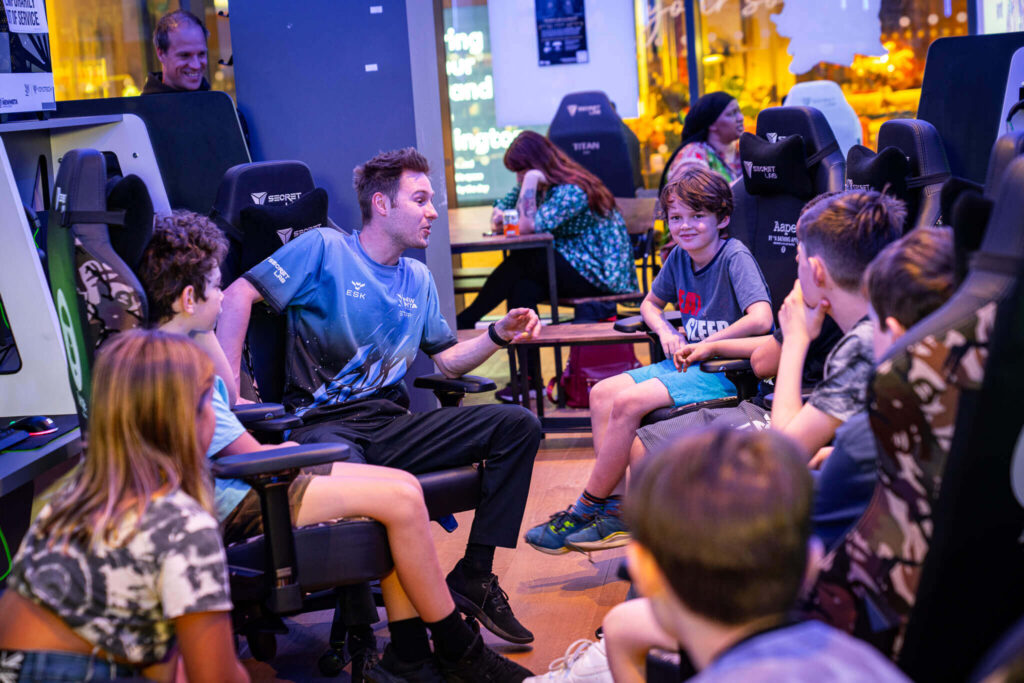
At the New Meta Academy, we provide a structured environment where children can develop essential skills for careers in esports and beyond. By encouraging social gameplay with peers, the academy fosters positive, constructive, and feedback-driven relationships, helping to build crucial interpersonal skills foundational to any successful career.
Children can learn the importance of teamwork, communication, and adaptability through games in a dynamic setting. Vital career skills such as professional conduct, commitment, and strategic thinking can be taught in an engaging and interactive manner, keeping crucial learning fun.
Whether young people aim to succeed as professional players or as esports journalists, learning through games can be a key stepping stone to future success.
